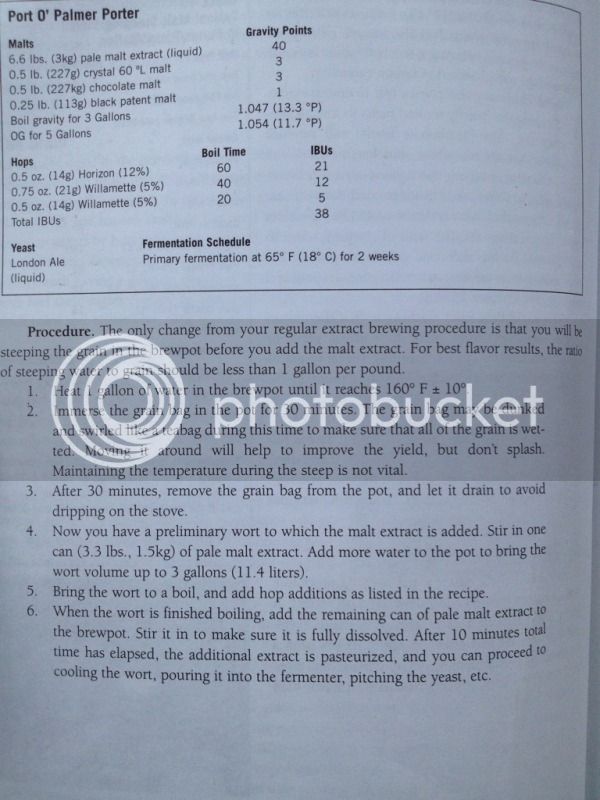i feel silly asking but i've got to at this point..
my beers are turning out very good technically, meaning no off flavors, very clear and no extract tang. i do all extract plus grains batches. but it seems they lack flavor and character on the malt side. no backbone. both a brown ale and cream ale turned out this way. i've reviewed my process and the only thing i can think of is that i steep the grains and remove. i don't stir or squeeze out the grain bags before removing. could this be it? i feel goofy b/c i assume (after the fact now of course) that the grain bag is where 90% of flavor comes from when you do extract plus grains, right? any tips on maximizing flavor when doing extract plus grains? thanks! i feel this is the only thing between me and making awesome beer!!!!
my beers are turning out very good technically, meaning no off flavors, very clear and no extract tang. i do all extract plus grains batches. but it seems they lack flavor and character on the malt side. no backbone. both a brown ale and cream ale turned out this way. i've reviewed my process and the only thing i can think of is that i steep the grains and remove. i don't stir or squeeze out the grain bags before removing. could this be it? i feel goofy b/c i assume (after the fact now of course) that the grain bag is where 90% of flavor comes from when you do extract plus grains, right? any tips on maximizing flavor when doing extract plus grains? thanks! i feel this is the only thing between me and making awesome beer!!!!




